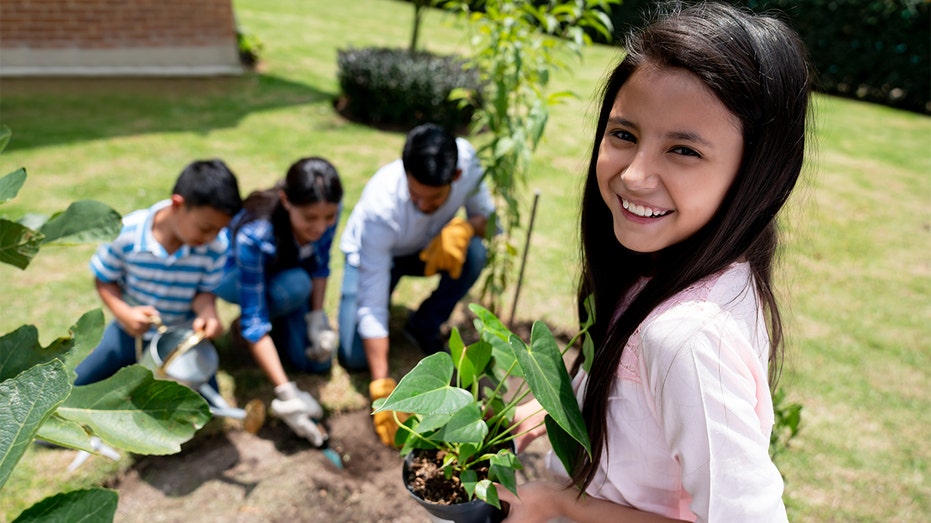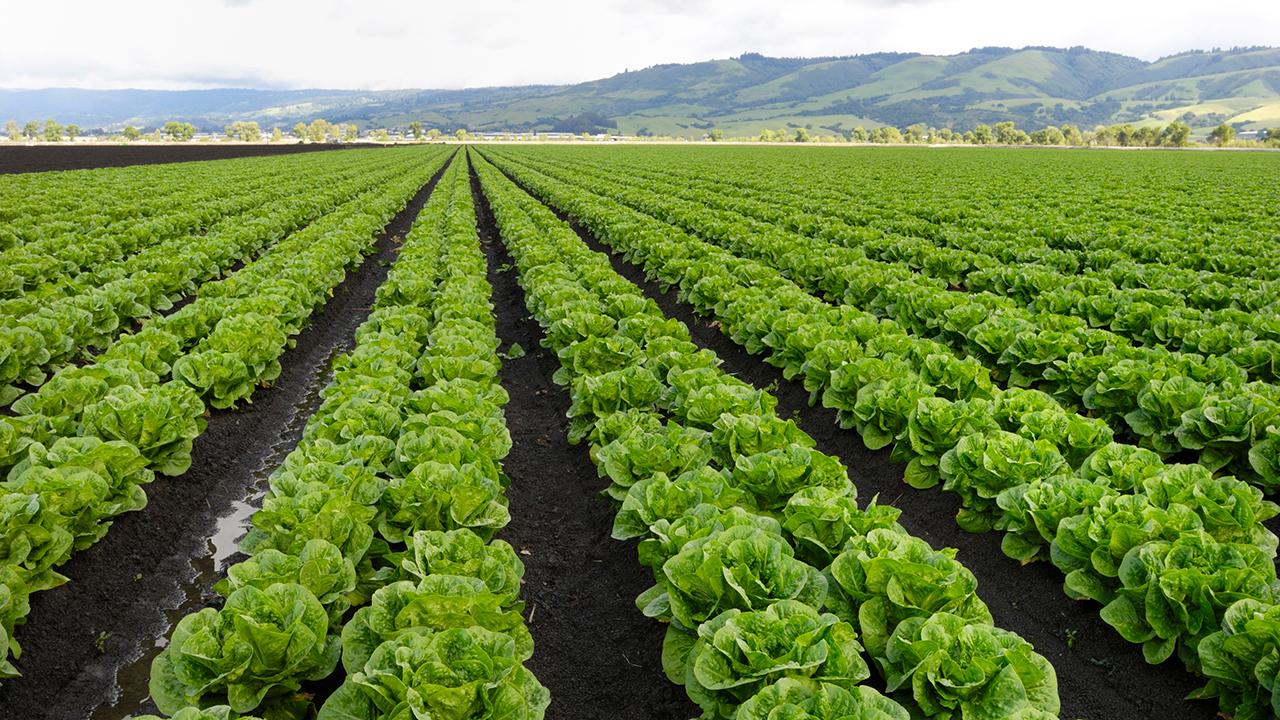Americans growing their own food during coronavirus pandemic
Demand for seeds has soared as more people garden, grow food amid strained supply chains
Some Americans are turning over a new leaf while in quarantine by growing their own food at home.
Because the food supply chains are strained and grocery deliveries are delayed as the coronavirus continues to spread, seed companies and indoor farming startups are seeing increased demand as more people opt to grow their own food.

Seed companies across the country are seeing big demand as more Americans start to grow their own food at home.
Seed Service Exchange, a 45-year-old Iowa-based business that sells vegetable, herb and flower seeds for arugula, carrots and cucumbers, said on its website it won’t be accepting any more orders temporarily due to “a sharp increase.”
Pennsylvania-based company Burpee Seeds, which has been in business for more than a century, also had to stop accepting individual orders temporarily last week to catch up with demand.
“The biggest increase has been in vegetables which have taken on a greater interest among consumers, with consistent gains across all our channels of sale -- both retail and online,” a representative for Burpee Seeds told FOX Business.
And Farmshelf, a Brooklyn-based startup that sells vertical, open-air indoor farms that grow lettuce and herbs using hydroponics -- a method of growing plants in a water-based, nutrient-rich solution instead of soil -- says interest in its home unit has “quadrupled” since the pandemic broke out, compared to more normal times.
“Part of it’s not just about stocking up [on food], it’s this idea of how do you provide that joy of growing your own food and bringing that inside with you especially now for individuals 65 and older to have high-quality food and stay safe,” Farmshelf CEO Andrew Shearer told FOX Business.
And to help educate first-time food and plant growers, Oregon State University's Master Gardener program made its online vegetable gardening course free for anyone to learn through the end of the month garnering more than 25,000 shares on Facebook.
As it becomes increasingly harder for Americans to get food, more consumers are seeking out ways to be more sustainable. The country’s largest network of food banks, Feeding America, reported there’s been a 98 percent increase in demand and 60 percent of food banks are struggling with reduced inventory levels.
However, the food insecurity crisis in America, which affected 37 million people last year according to the USDA, has been an issue that has only become worse because of COVID-19.
Herbs, leafy greens and tomato seeds are the most in-demand, Shearer said. His seed provider is only accepting commercial orders. Farmshelf has been receiving inquiries from high-net-worth individuals looking to buy the company’s six-foot, four-inch farms that can grow basil, baby lettuce and other veggies that sprout up with the help of LED lights and a nutrient system with the capability to produce up to 10 pounds of herbs per week.
RESTAURANTS TRANSFORMED INTO FOOD BANKS
Others are leaning into gardening as a hobby and a welcome distraction from the dismal news as the virus worsens around the country.
Gardening guru Martha Stewart has been flexing her green thumb on Instagram as of late showing off her Salanova lettuce leaves harvested from seeds she got from Johnny’s Selected Seeds, which halted individual orders until April, 28, according to its website.
“Avengers” actress Elizabeth Olsen chronicled her gardening tips in her backyard for social media followers last week trimming the tendrils off of her budding shell peas. And the demand for fresh veggies has gotten so dire, TV personality Chrissy Teigen told fans on Twitter she’d trade her homemade banana bread for romaine lettuce -- from a social distance, of course.
In addition to feeding households, growing your own food has a mental and physical health benefits that can help those experiencing increased anxiety because of the layoffs, lockdowns and quarantines. Dutch researchers, who had two groups to garden for 30 minutes after they completed a stressful task, found they had lower cortisol levels, the hormone associated with stress, according to a 2010 study.
Separate research from the University of Pennsylvania also found that remaining active around a garden can also help people sleep better at night.
CLICK HERE TO READ MORE ON FOX BUSINESS





















